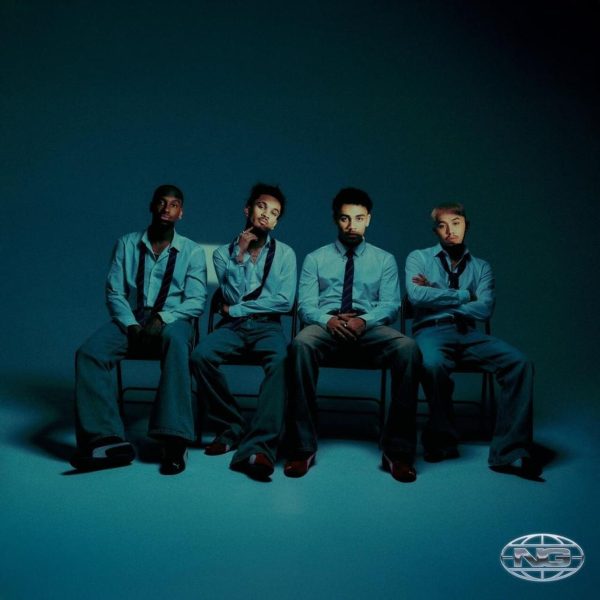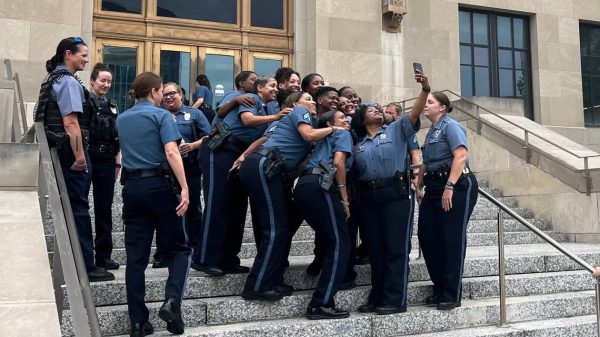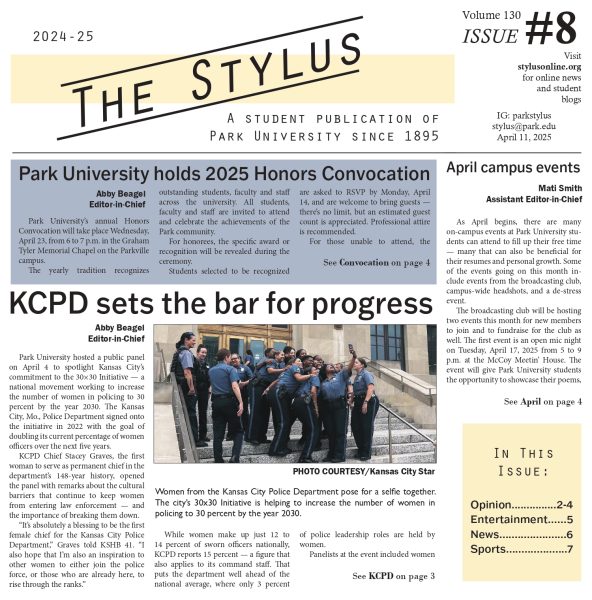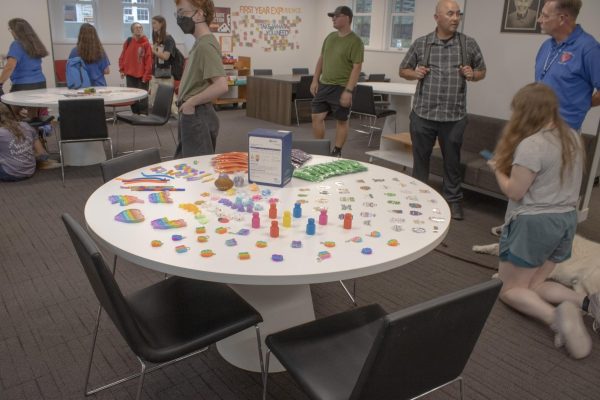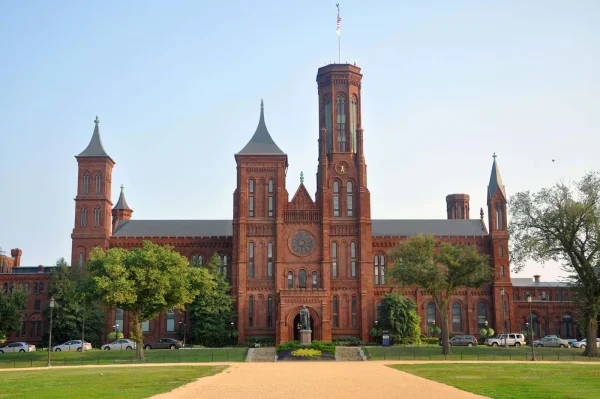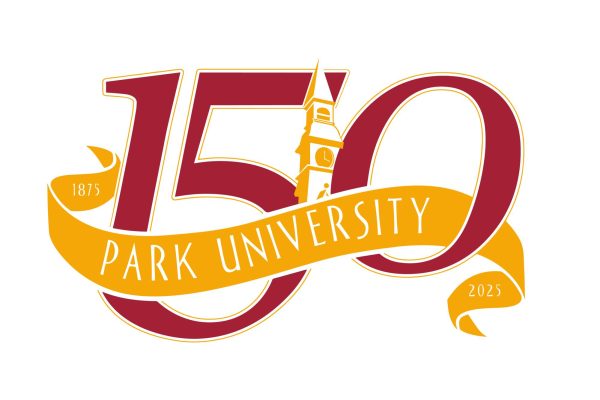Books belong to everyone
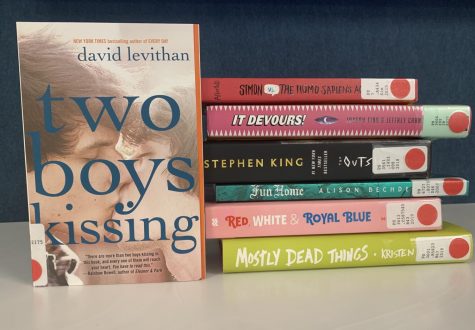 For more than 50 years, the last week in September has been Banned Book Week. Park University participated this year through events hosted by The Scribe, Spectrum and the university library.
For more than 50 years, the last week in September has been Banned Book Week. Park University participated this year through events hosted by The Scribe, Spectrum and the university library.
“In 2018, 483 books were banned, challenged or removed from libraries in the United States alone,” said Allison Rand, instruction and outreach librarian at Park. She said the library received a grant to fund Banned Book Week events from the Freedom to Read Foundation, which is a part of the Office of Intellectual Freedom at the American Library Association.
“Part of the job of being a librarian is supporting the concept of intellectual freedom,” said Rand. “That’s the knowledge and ability to obtain whatever information you want or need.” Rand said a lot of movements to ban books benefit from the lack of awareness censorship is happening.
“Librarians try to be the best advocates that we can be, but there are often advocacy groups on one side and not the other,” she said.
A postcard-writing event to authors whose works have landed on the banned and challenged list kicked off the week and highlighted the importance of spreading awareness.
“I’d never heard of this,” said senior biology major Marina Rios, as she composed a postcard to “Hunger Games” writer Suzanne Collins. “It makes me sad. I read ‘The Hunger Games’ actually a couple times in high school. I loved how she wrote. It made me want to read more. I would hate for people not to experience that,” said Rios.
She said she wrote the postcard to let Collins know people really appreciate her writing. Several other students also said they’d had no previous awareness of the list, while a few did, just not of its scope.
“I was originally going to be a secondary education teacher for language arts,” said elementary education major Heather Wojahn. “So I was pretty aware that there was a banned book list, but I didn’t know that it was as extensive as it is, definitely some names that I was surprised to see on this list.”
Wojahn wrote a postcard to Sarah Dessen, whom she said she was shocked to see on the list. Wojahn said she read many of Dessen’s books in middle school and high school. She said that seems to be around the age kids should be able to read what they want.
I’m aiming for first grade or kindergarten now,” said Wojahn. “So hopefully I won’t have to deal with this as much. I think when they get to middle school, though, they’re getting into deeper subjects anyway and that autonomy is important. So I hope authors get these messages.”
In addition to postcard writing, students who attended the event on Tuesday got to make their own preferred pronoun buttons. 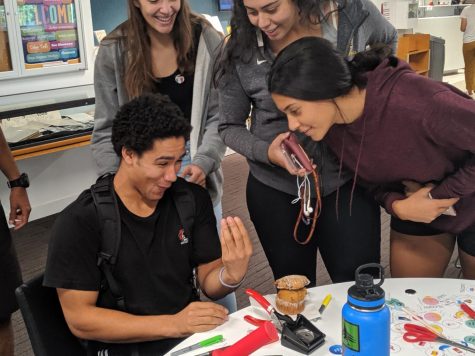 Making buttons is also incredibly fun, so in the spirit of Banned Book Week, no ideas were discouraged. The activity came from Park’s LGBTQIA+ group, Spectrum, who co-sponsored the week. Rand said LGBTQIA+ content is currently one of the most common reasons for a book being banned or challenged. She said she’s had to reposition the book “Two Boys Kissing” on her banned bookshelf in the library because it gets turned backward. Its cover shows two boys kissing.
Making buttons is also incredibly fun, so in the spirit of Banned Book Week, no ideas were discouraged. The activity came from Park’s LGBTQIA+ group, Spectrum, who co-sponsored the week. Rand said LGBTQIA+ content is currently one of the most common reasons for a book being banned or challenged. She said she’s had to reposition the book “Two Boys Kissing” on her banned bookshelf in the library because it gets turned backward. Its cover shows two boys kissing.
“Marginalized communities,” said Rand. “Those are materials that are so often dismissed or banned. We feel like it’s important to highlight those materials so not only do people have access to them, but people who identify with them feel welcome in our space and feel like we are open to whatever perspectives may be out there.”
Different perspectives are what Assistant English Professor Glenn Lester said drew him to literature in the first place.
“I can think of some books in particular that I read because I heard that they had been banned at some point,” said Lester.
While Lester acknowledges the importance of sensitivity when discussing certain materials, such as books that use racial slurs, he said he thinks those instances are points for reflection and conversation, not bans.
“I would fight anyone who would say that ‘Huckleberry Finn’ is not a canonically important American literary text,” said Lester. “It raises a bunch of extremely important and still relevant issues about what it means to be an American, about class and race, and independence and family and any number of other things. But the idea that some students would be forced to look at this term which is really hurtful; that’s something that does give me pause. But I don’t think anybody should be banning books. Books are tools to help you think through your life and think through your world, and so good books encourage you to think for yourself. That’s what people are usually scared of, rather than any subject matter in particular.”
Lester is the faculty adviser for the third group contributing to the week’s events. The Scribe is Park’s literary magazine, which publishes a yearly volume of student-created writing and other works. On Thursday night they hosted a showing of the 2010 James Franco film “Howl,” which focuses on Allen Ginsberg, an author who found his work challenged and banned regularly.
Banned Book Week has come and gone for the year, but banned books are opened every day. Readers can visit the American Library Association at ala.org for ideas or stop by Park’s library for book recommendations. Rand says she can also help with research projects, finding materials for class and even genealogy research.
“People ask me all the time why you need a master’s degree to shelve books,” said Rand. “I don’t think people have a full understanding about what librarians can do for them. One time I used land records to find the address to an 18th century Scottish highlander who wrote a letter to someone. Sometimes you need a guide. Librarians are your guide.”
Your donation will support the student journalists of Park University. Your contribution will allow us to cover our annual website hosting costs, freeing up other funds for equipment, printing and training.





